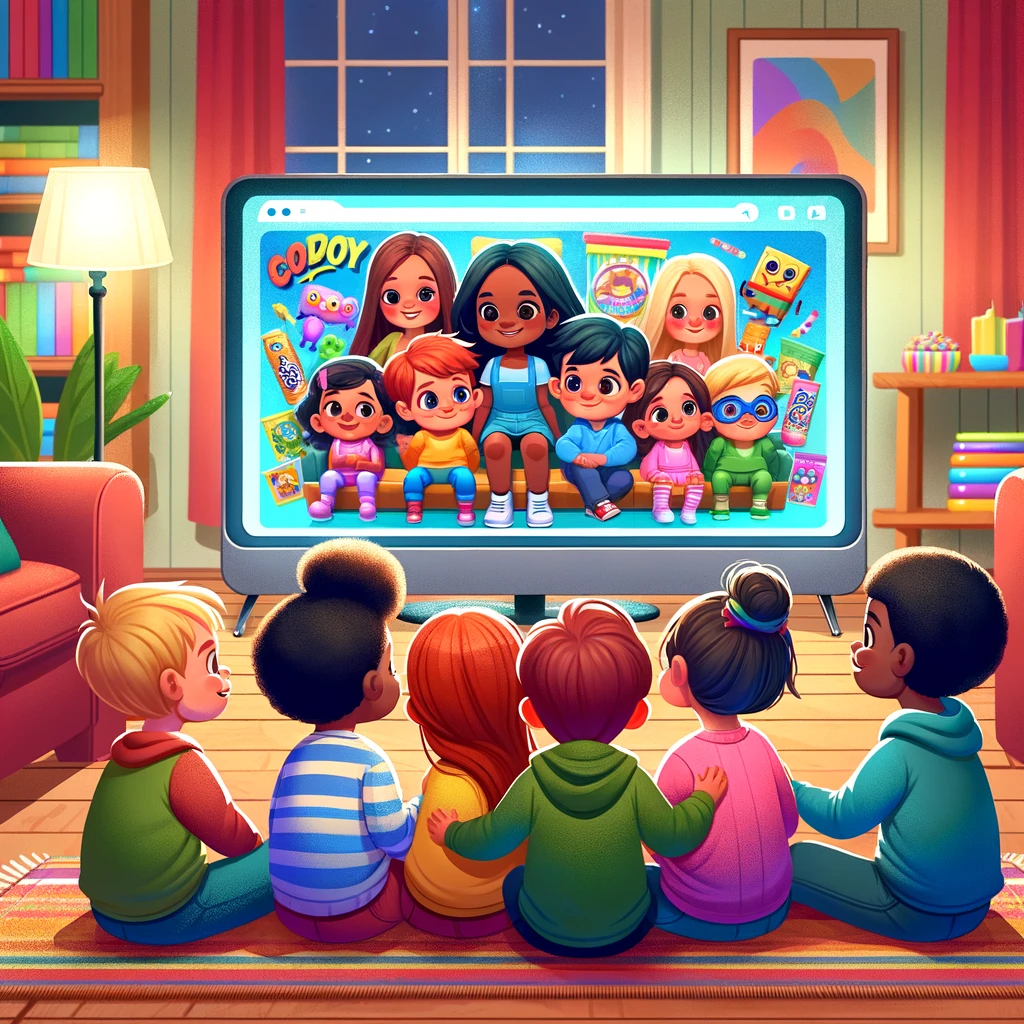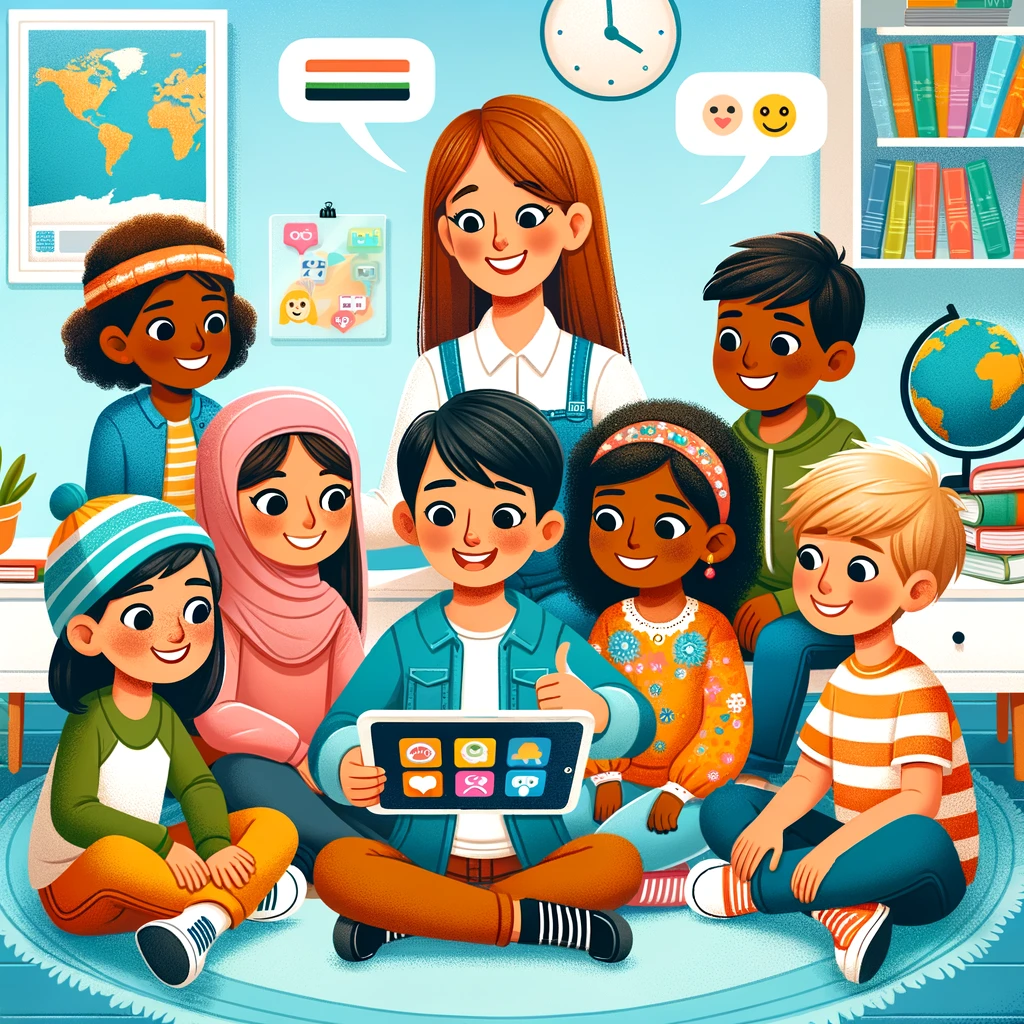Parental Guide to Kids, Internet Advertising, and Influencer Impact

Parental Guide to Kids, Internet Advertising, and Influencer Impact
In today’s digital world, children are not only influenced by traditional online advertising but also by the powerful presence of influencers. From YouTube stars to Instagram celebrities, the role of these new-age icons in shaping our children’s perspectives cannot be overlooked. Let’s explore how we can navigate this complex territory with our kids.
1. The Dual Influence of Ads and Influencers:
Internet ads with their bright colors and catchy slogans have a significant impact on children. But when combined with influencers, who often endorse products or lifestyles, this influence becomes more potent. Influencers, often seen as role models, can sway children’s preferences and views, sometimes even more effectively than traditional advertising.
2. Teaching Media Literacy and Critical Thinking:
Equip your children with the skills to differentiate between genuine content and sponsored posts. Discuss how influencers might receive compensation for endorsing products and how this can affect the authenticity of their recommendations. Encourage your kids to think critically about why they admire certain influencers and what values they represent.
3. Balancing Ad Exposure and Influencer Engagement:
While blocking ads and limiting screen time are practical steps, they might not be as effective in managing influencer impact. Instead, engage with your children about the content they watch. Ask them about their favorite influencers and watch some videos together, using these moments as opportunities for open discussions.
4. Understanding the Persuasive Power of Influencers:
Discuss with your children how influencers can affect their desires and choices. Make them aware of marketing strategies like product placement and persuasive language. This awareness can help children view influencer content with a more discerning eye.
5. Setting Realistic Expectations:
Influencers often portray an idealized version of life that can create unrealistic expectations. Help your children understand that what they see online is often a curated highlight reel, not an everyday reality. This understanding can foster a healthier relationship with social media and self-image.
6. Encouraging a Diverse Range of Interests:
Encourage your children to explore various interests beyond the digital world. Activities like sports, reading, and art can offer a more balanced perspective, reducing the undue influence of online personalities.
In conclusion, navigating the world of internet advertising and influencer impact with our children is a delicate balancing act. It requires open communication, education, and setting realistic expectations. By engaging with our children in this way, we prepare them not just to be savvy consumers but also critical thinkers in the digital age.


